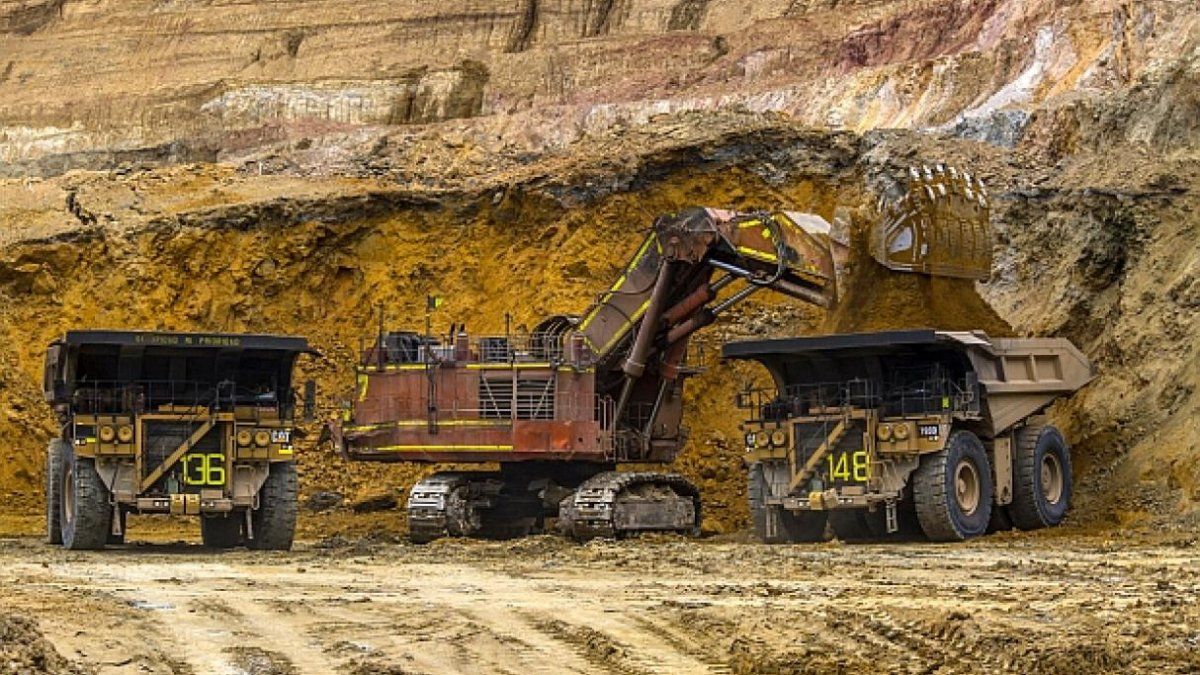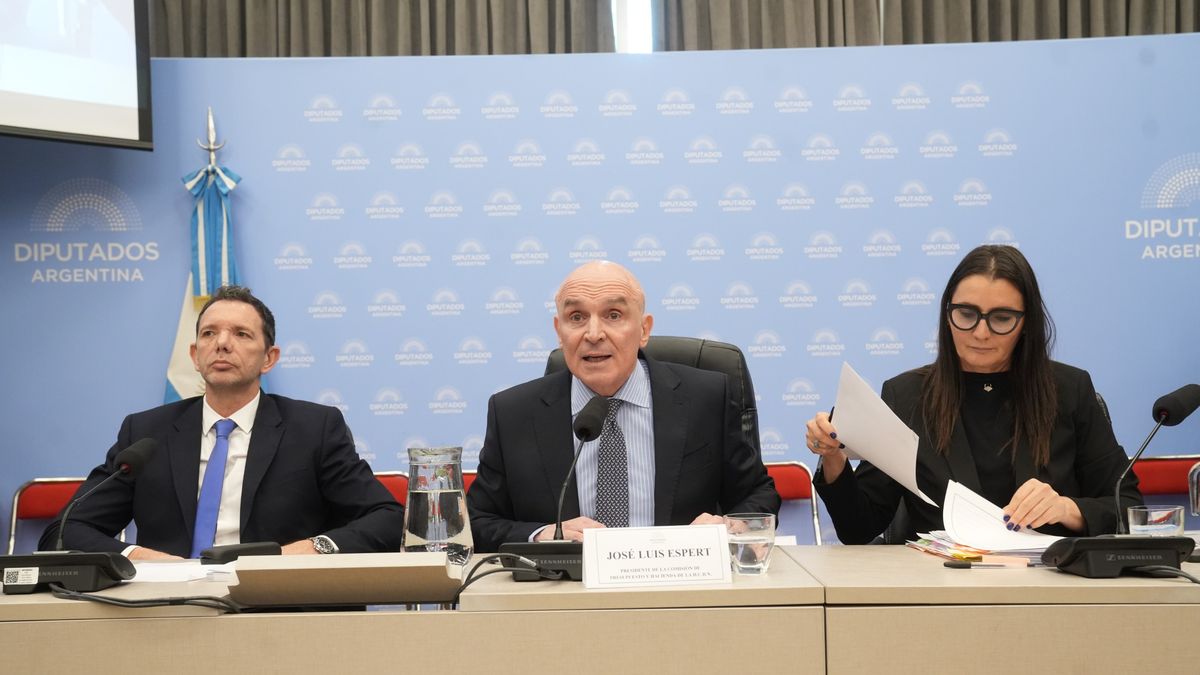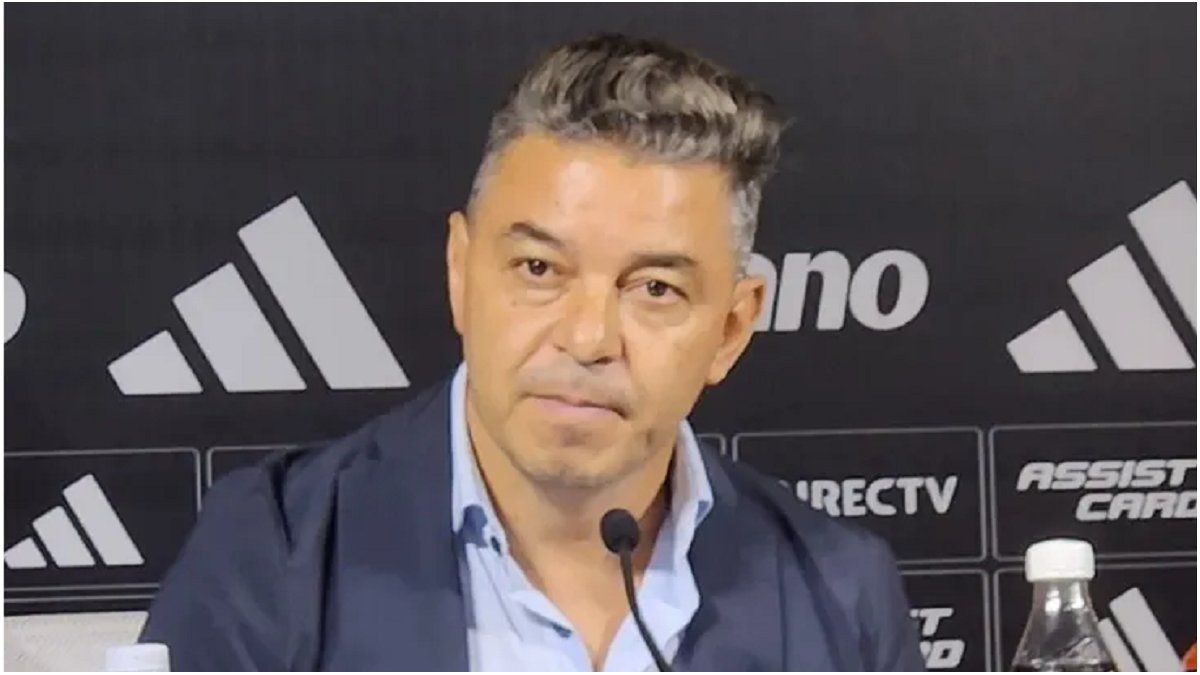“The State has the absolute, exclusive, inalienable and imprescriptible domain of all mines and mineral substances, metallic, non-metallic, and deposits of fossil substances and hydrocarbons. existing in the national territory, without prejudice to the ownership of the land on which they were located,” the document states.
During the de facto government of Augusto Pinochet the was approved Constitutional Organic Law of Mining Concessions that the mineral deposits became Full Concessions, which meant that the natural resources became the property of the person who obtained the concession to exploit them until the deposit was exhausted.
If in 1973 100% of copper production was in the hands of the State, today only 30% is under State control through the National Copper Corporation (Codelco).
The body’s plenary also approved the paragraph that establishes that “the exploration, exploitation and use of these substances will be subject to a regulation that considers their finite, non-renewable nature, of intergenerational public interest and environmental protection.”
Likewise, the plenary established that “The State will establish a policy for mining activity and its productive chainwhich will consider, at least, environmental and social protection, innovation, the generation of added value, access to and use of technology, and the protection of small-scale mining and quarrying.
Source: Ambito
David William is a talented author who has made a name for himself in the world of writing. He is a professional author who writes on a wide range of topics, from general interest to opinion news. David is currently working as a writer at 24 hours worlds where he brings his unique perspective and in-depth research to his articles, making them both informative and engaging.




